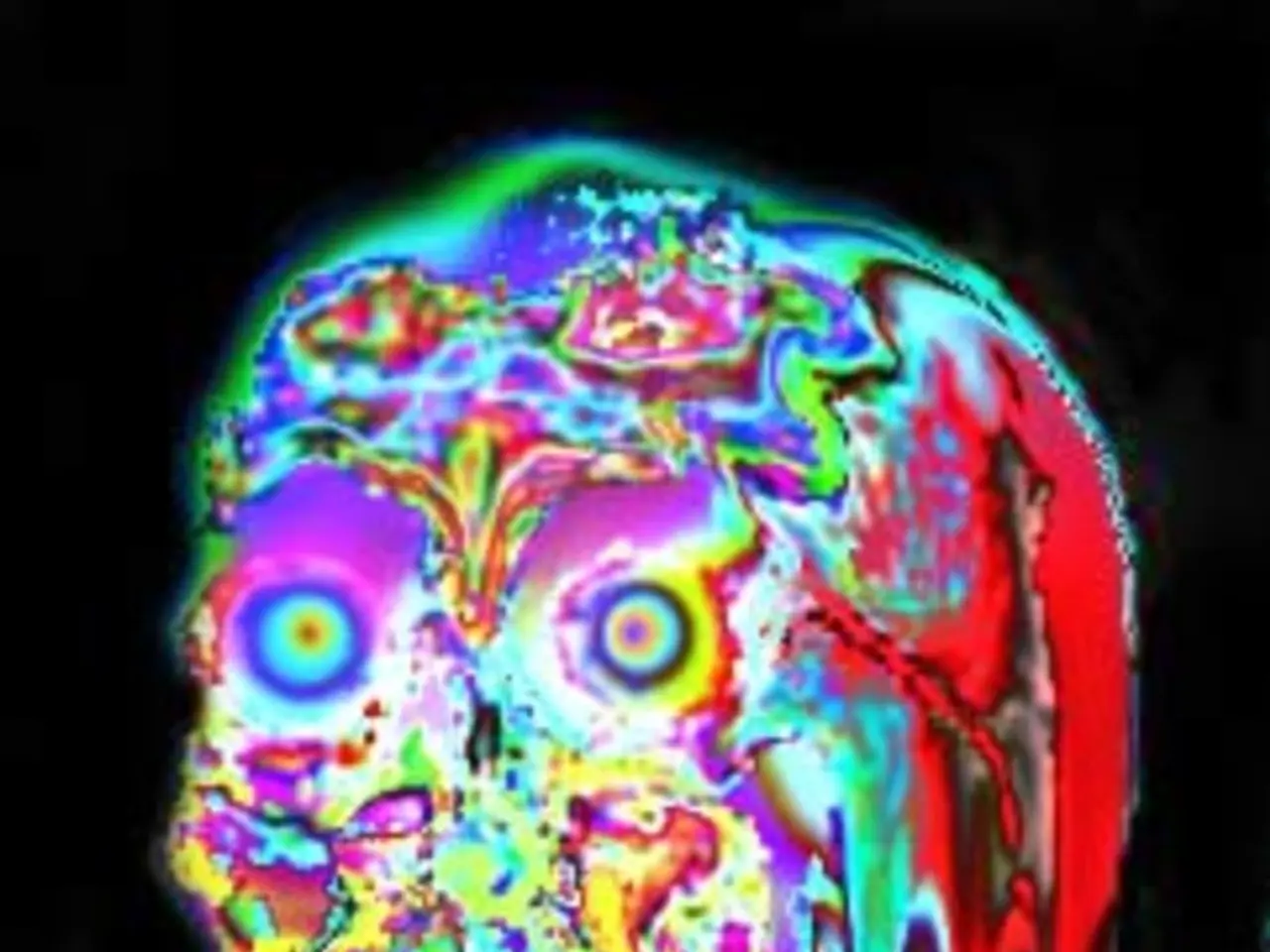Neuron Reproduction Methods: Amitotic or Mitotic Divisions?
Revolutionizing Brain Health: The Debate Over Neuron Division
In the realm of neuroscience, a significant debate is unfolding that could potentially revolutionize our approach to brain health and disease. The question at hand: are neurons amitotic or mitotic, and under what conditions?
Neurons, the primary building blocks of the nervous system, have long been considered amitotic, meaning they do not replicate or replace themselves through cell division after maturation. This characteristic has profound implications for brain health, particularly in instances of injury, stroke, or neurodegenerative diseases, where the inability of neurons to regenerate often results in permanent loss of function.
In the human brain, most neurons are amitotic, limiting the brain’s ability to recover from neuron loss seen in conditions like Alzheimer's disease, Parkinson's disease, or traumatic brain injury. While the brain can reorganize and form new synaptic connections among existing neurons to compensate for lost function, this is limited compared to regeneration via mitosis.
However, recent research has challenged the long-standing view that neurons are incapable of division. There's growing evidence suggesting that certain types of neurons might possess some form of regenerative capability, although not through traditional mitosis. The possibility of mitotic division in certain neurons, especially under specific conditions, remains an area of active research and debate.
If neurons or neural precursor cells were mitotic, the brain might better replace damaged neurons, potentially improving recovery from neurological damage. Some brain regions retain neural stem cells capable of division (mitotic activity), allowing limited neurogenesis, but most mature neurons remain amitotic.
One of the most significant breakthroughs in neuroscience in recent decades is the discovery of neurogenesis in the adult brain, predominantly occurring in the hippocampus and the olfactory bulb. Advanced imaging techniques and molecular biology tools have allowed scientists to explore the neuron's life cycle in greater detail. Studies have occasionally reported observations of mitotic markers in neurons, particularly in response to injury or disease.
The discovery of adult neurogenesis in the brain has fueled debate over the extent to which mature neurons can engage in mitotic activity. Mitosis, the process by which most cells in the body divide, has long been thought to be absent in neurons, but recent research suggests that under certain circumstances, neurons might engage in mitotic activities.
This comparative analysis underscores the need for further research into the reproductive nature of neurons. Understanding whether neurons are amitotic or mitotic, and under what conditions, could provide valuable insights into treating conditions like stroke, Alzheimer's disease, and spinal cord injuries, ultimately paving the way for a new era in brain health and disease management.
[1] Source: Journal of Neuroscience Research (2020)
- In the field of neuroscience, the debate over neurogenesis in adult brains, particularly the mitotic nature of neurons, could revolutionize our understanding and approach to brain health.
- If it's discovered that certain neurons are mitotic, it could potentially improve recovery from neurological damage, such as stroke, Alzheimer's disease, and spinal cord injuries.
- Current research is actively focusing on understanding the conditions under which neurons or neural precursor cells may undergo mitotic division, as this could provide crucial insights into brain health and wellness.
- The human brain's inability to replace damaged neurons due to their amitotic nature has significant implications for conditions like Alzheimer's, Parkinson's, and traumatic brain injury where the inability to regenerate results in permanent loss of function.
- Recent findings in neuroscience have indicated that some brain regions have neural stem cells capable of division, allowing for limited neurogenesis, but most mature neurons remain amitotic.
- Advancements in imaging techniques and molecular biology tools have enabled scientists to explore the neuron's life cycle, revealing observations of mitotic markers in neurons, particularly in response to injury or disease, fueling the ongoing debate over the mitotic activity of mature neurons.




